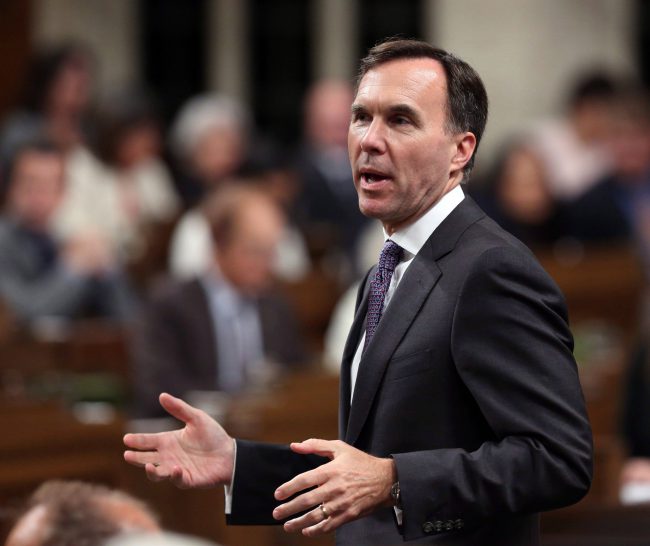Three strikes, you’re out. That’s the rule in baseball. In politics, you can always keep swinging — but your odds of a home run fade with every miss, while the fans get more and more restless and wonder if it’s too late to switch teams.

That’s the position the Liberals find themselves in following their latest tax foul: Diabetes Canada and other groups are saying people with Type 1 diabetes are being refused the Canada Disability Tax Credit, despite the fact that many of them previously had been approved and met the criteria outlined by the Income Tax Act. To qualify for the credit, the Act states that a taxpayer must require life-sustaining therapy at least three times a week, for a total of at least 14 hours per week.
Diabetics will tell you that managing the illness is a 24-hour task. Patients must constantly monitor blood glucose levels with test strips and meters, and self-inject the correct dose of insulin to break down the glucose. If they don’t — if they do it wrong — they can suffer complications like diabetic neuropathy, blindness, kidney disease, heart disease, stroke, even death. The therapy is costly — about $5,000 to $15,000 a year. The credit, worth about $1,500 a year, helps offset this expense.
Until recently, up to 80 per cent of diabetic patients had their disability tax credit claims approved. Now, according to diabetes organizations, most are being turned down. The groups held a news conference with Conservative finance critic Pierre Polievre over the weekend, after Polievre raised the issue in Question Period the previous Friday. Their plight caught fire on social media, with many people questioning why the CRA would do this.
The government itself has struggled to explain the rationale; in Question Period Monday, Revenue Minister Diane Lebouthillier could only say that she “… asked the agency to improve its data collection for the (disability tax credit) in order to better understand the portrait of claims and the decision-making process.”
While it’s true that Polievre defended some pretty indefensible things back when the Tories were in government (the so-called Fair Elections Act — remember that one?) on this point, it’s hard to argue with him and the portrait he painted of a government that just can’t get its act together on tax policy.
First, the Liberals proposed — and then watered down — tax changes that would take millions from the pockets of small business owners. Next, “(Trudeau’s) tax department tried to tax the employee discounts of waitresses and cashiers. Now his government is targeting vulnerable people suffering with diabetes with thousands of dollars in tax increases,” Polievre charged.
This trifecta of tax blunders comes at a time when Finance Minister Bill Morneau is himself on the hot seat over how he has dealt with his own finances since taking office. From failing to disclose ownership of a villa in France, to revelations that his family company, Morneau Shepell, did millions of dollars of work for the federal government, to his decision not to put his shares of the company in a blind trust so as to avoid conflict of interest, Morneau has stumbled badly.
Adding insult to injury, Morneau Shepell stands to benefit from its role in managing the pensions (what’s left of them) for thousands of laid-off Sears employees after the retail chain declared bankruptcy last week — driving home the idea that this is a government run by people who cannot empathize with the middle class they claim to serve.
WATCH BELOW:
The rationale for all this nickel-and-diming is likely an old one: more money in government coffers, this time to fill a deficit hole that has gotten deeper with every budget. (The cover artwork of the last budget alone cost $200,000.) And while the government may reap a $10 billion windfall from solid economic growth in each of the two upcoming fiscal years, it will still run deficits that are far from the modest affairs it promised during the 2015 election.
Small wonder the polls are not as sunny as they were in the first two years of Trudeau’s mandate. Voters are getting the impression that nobody knows who’s on first, that rookies like Morneau and Lebouthillier aren’t able to handle the big game. If the polls don’t start to improve for the government after tomorrow’s fall fiscal update, expect a change of lineup in early 2018.
Tasha Kheiriddin can be heard between noon and 2 p.m. ET on Toronto Talk Radio AM640. She’s also a columnist with Global News and iPolitics.ca, where this piece first appeared.








Comments